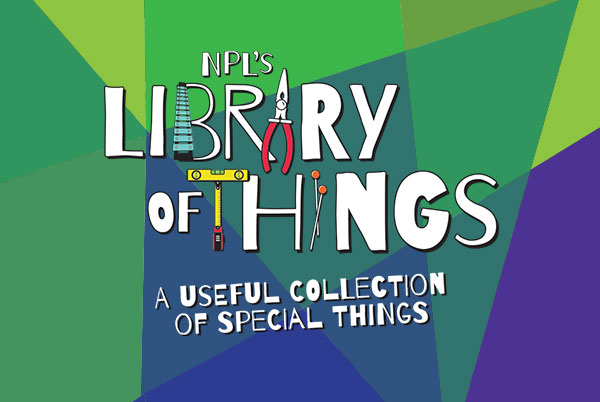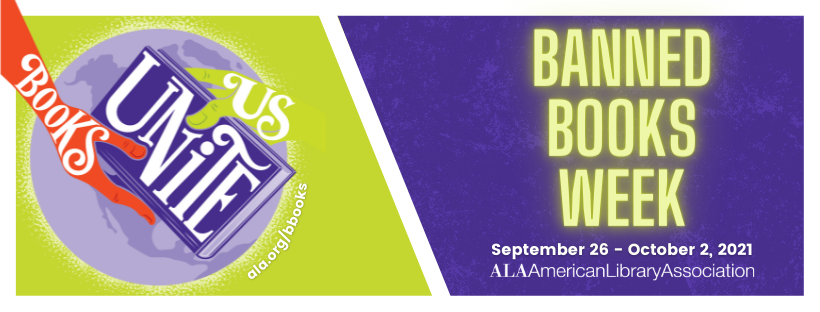Freshman Melinda Sordino is shunned by her schoolmates because of a call she made to the police that broke up a summer party. She’s unable to discuss her trauma with anyone, including her parents, and throughout the year Melinda becomes almost nonverbal. However, a yearlong art assignment in Mr. Freeman’s class helps her to process the ordeal. The tree she struggles to draw eventually comes to symbolize the growth and healing she experiences, and her rapist is finally brought to justice when she finds her voice.
Published more than 20 years ago, Speak continues to strike a chord with those who’ve experienced sexual assault, and is still creating controversy. In 2020, the Laurie Halse Anderson-penned novel was named the fourth most banned and challenged book in the United States, rising from 60th since 2000, “because it was thought to contain a political viewpoint and it was claimed to be biased against male students, and for the novel’s inclusion of rape and profanity,” according to ALA.
In the 2006 edition, the author decried censorship:
“But censoring books that deal with difficult, adolescent issues does not protect anybody. Quite the opposite. It leaves kids in the darkness and makes them vulnerable. Censorship is the child of fear and the father of ignorance. Our children cannot afford to have the truth of the world withheld from them.”
- Jennifer Castle, Tennessee State University






